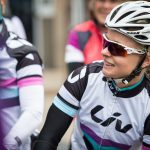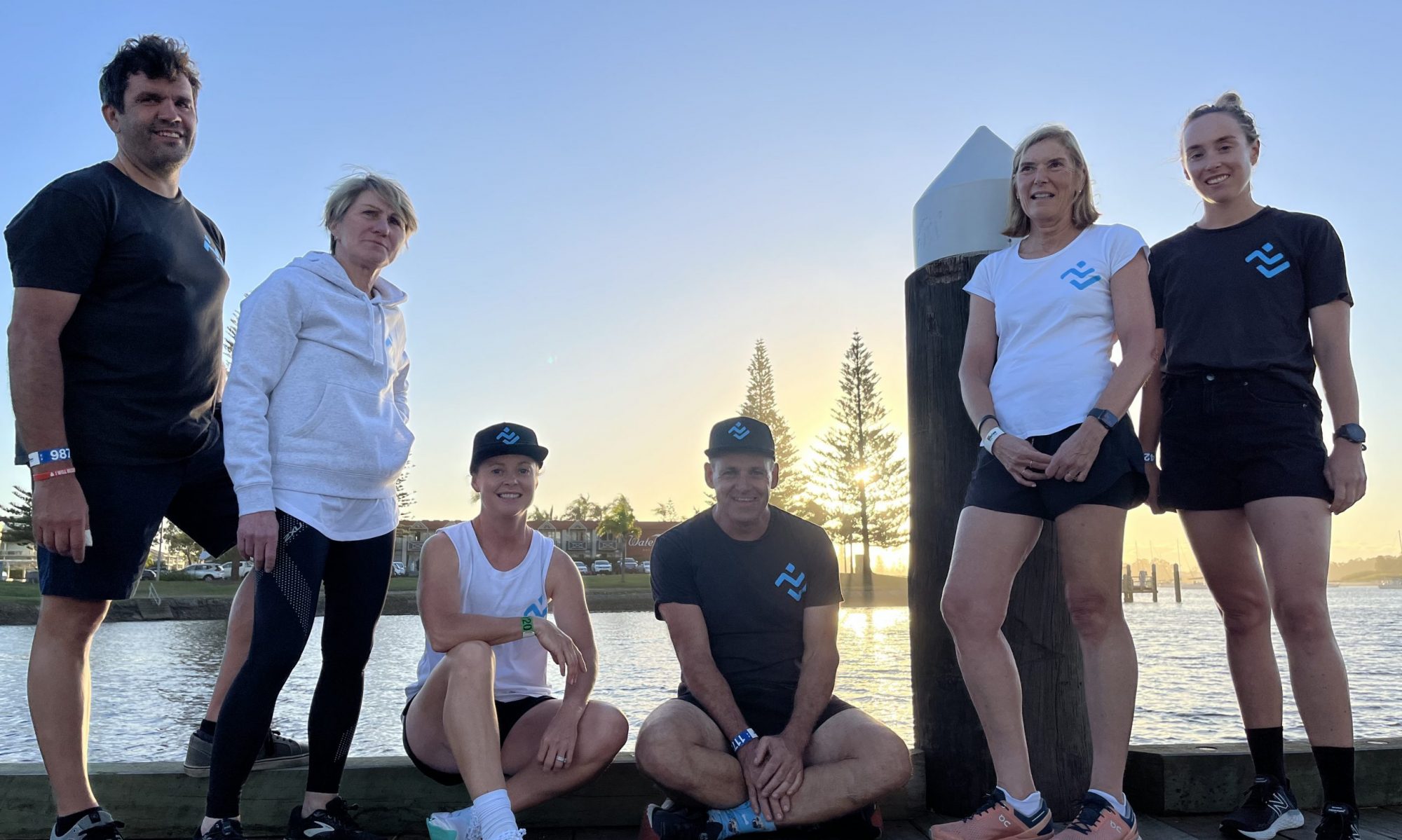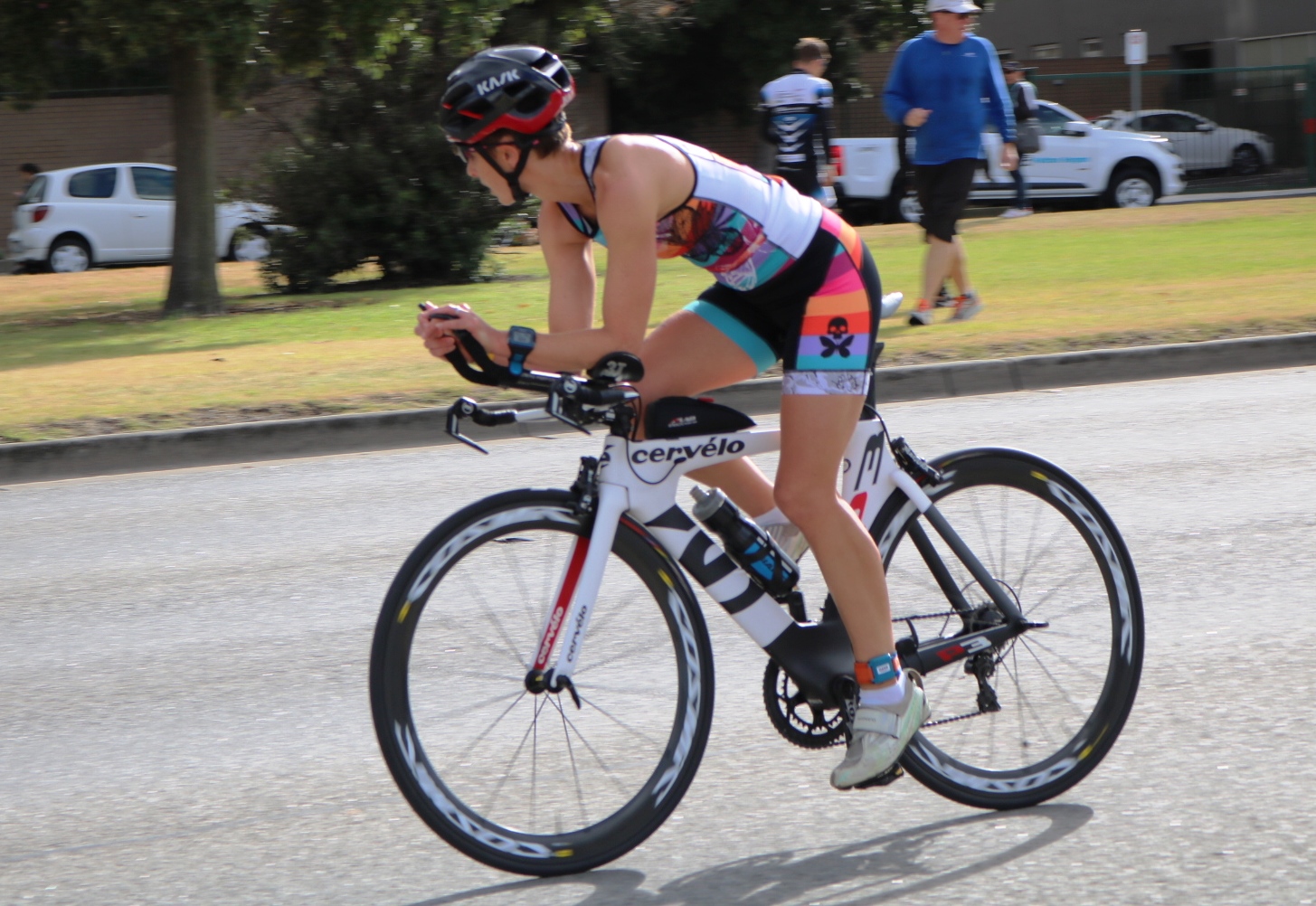Every athlete wants to make the most of their training. And as a Coach, I program each athlete differently according to their strengths, areas for improvements, goals, time restraints and commitments. But when most athletes think about making improvements and becoming a better athlete, they immediately think about how they can fit more training into their week, or how much harder they can push in a session. But other than simply training more, there are lots of ways athletes can improve without having to log extra ‘training miles’. So if you want to better your performance, these tips can be used for every athlete – no matter your time in the sport, your focus or your goals.
- Do 3 things in your day that will benefit you as an athlete.
I once read this tip from Ironman World Champion Pete Jacobs. He had a list of 3 things that he would tick off each day to improve his performance, and I’ve been using this myself and with a number of my athletes since. This doesn’t mean you have to train 3 times a day, it means finding a balance and combination of training, stretching, rolling, mindfulness, meditation, eating healthy, massage, sleep –all of which should play a part in a sound training program. The thing I love most about this is, on days that are ‘recovery’ days or easier training days, you can still do three things that will benefit your training. So for those athletes who dread recovery days for ‘fear’ of losing fitness/form, you can now look forward to them – knowing that they are improving your performance. The key to this is finding the right combination at the right time – and this often means listening intuitively to your body and understanding what it needs. So choose your 3 things each day wisely, and commit to them, consistently. - Set value driven goals.
We hear it all the time. Have goals, set goals, work towards your goals…Most athletes have ‘goals per-se’, but what a lot of athletes are missing are the key values behind those goals. Knowing and understanding why you set them, what drives you, what motivates you and what steps you will put in place to reach them. Setting value driven goals will provide you with structure and motivation which will help ensure consistency – even during winter, which will equate to continual improvement. If you are unsure on how to set value driven goals, chat to a Coach or a mentor. - Follow a training program.
Athletes will benefit and improve by following a training program that has structure, periodisation and specificity. Even better than simply following a structured training program, is following a personalised program written specifically for you. A program that takes into account your work load, family time, downtime, strengths, weaknesses, drivers and goals. Without a structured program, we often see athletes over-train (as they are trying to keep up with others) or under recover (as they think more training is better) which over time can lead to injury or burn out. A structured program will ensure continual improvements as well as longevity in the sport. - Ask questions.
Don’t just do as your Coach says. Ask why so you begin to understand the how’s and why’s of your program and the purpose of each session. Ask things like ‘what purpose does this session have?’, ‘what benefit will this session provide?’, ‘how will this improve my weakness?’ ‘What area of technique should I focus on’. Knowing and understanding your program will allow you to become a more knowledgeable athlete, you will understand the purpose of each session/week, which in turn will allow you to focus on the purpose (rather than just training for training’s sake) and you will have a better vision of how this works in with your goals, training and racing. - Fuel your body correctly.
Nutrition is a HUGE part of becoming a stronger, healthier and ultimately better athlete. As a Coach, I hear far too often athletes saying ‘I do triathlon so I can eat what I like’. It is these athletes that generally have the mentality of more training is better too. As much as this is okay if performance or your health isn’t a priority, BUT if you want to become a better athlete then it’s time to start fuelling your body correctly. Your body will only function as well as the food you fuel it with. High processed foods such as cereals, breads, cakes, biscuits, and many sports drinks are calorie dense with very little nutrients, not aiding in your performance or your recovery. The problem with our sport though is the message that is being sold and marketed to athletes.
You should be fuelling your body with real whole foods, (not processed carbohydrates and sugar), which include a balance of good carbohydrates, good fats, and protein – and plenty of veg! You will feel better and your body will respond and recover quicker. To help understand your nutrition better and your individual nutritional requirements, I recommend seeing a Sports Nutritionist or Naturopath who can formulate a plan specific for you. One of the best investments you will make in your training and health.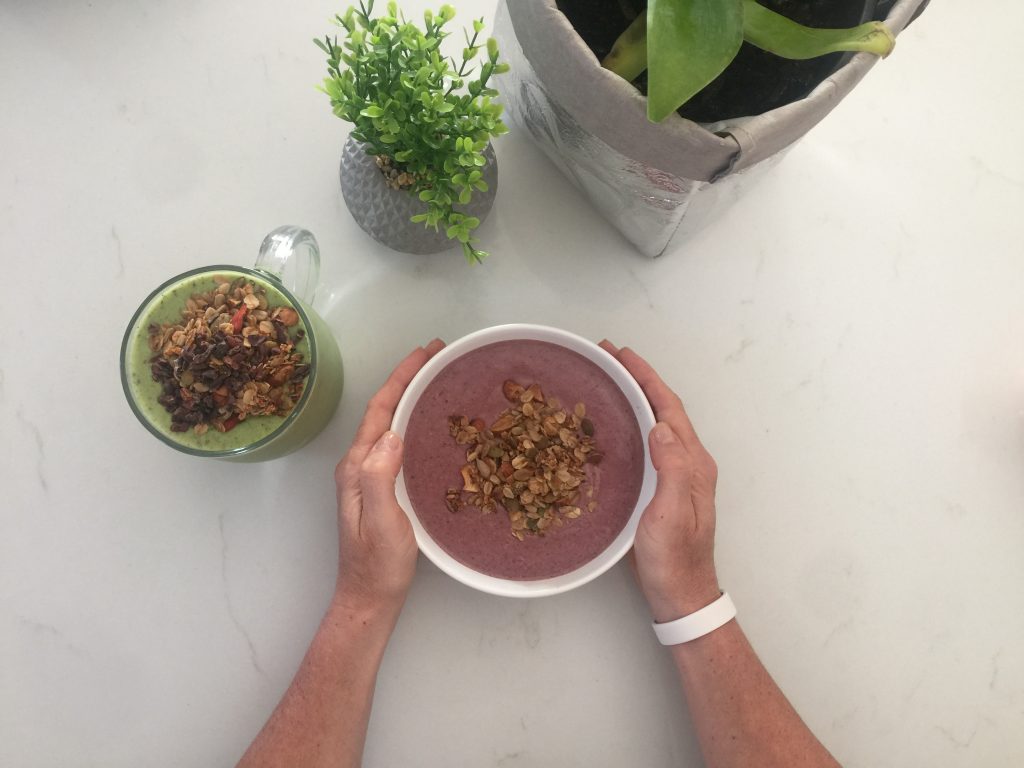
- Sleep!
Never underestimate the importance of sleep. This is the time when your body repairs damaged muscles, restores optimal hormone balance, aids mental recovery and overall health and well-being. If you find you can’t get enough sleep during the week, use your weekends to catch up, or if you are lucky enough, take a nap during the day. But if you are compromising sleep for your favourite TV show, or up late on Facebook, then ask yourself – is this helping you to become a better athlete? Is it helping you towards your goals? If not, then reassess how you spend your time. Why not record your TV show and catch up on the weekend? Sleep is such an important part of recovery and therefore performance, it should be high on the priority list (well above Facebook stalking!) - Go slow to go fast.
Far too many athletes are training at too high intensity on easy sessions, and not high enough intensity on hard sessions. If you really want to improve, then ensure you listen to your coach and follow your program and go easy when it says to. (and if your program doesn’t give you easy/aerobic sessions, ask why!) Not only does this allow your body to adapt and grow, it helps build the foundations so you can go hard when you ask your body to. The method that I use with athletes successfully is the MAF Heart Rate Method. There is loads of information on this method online if you want to learn more. - Listen to your body.
Not every day will be a great training day. Some days you head out for a hard interval session and your body just doesn’t want to respond. You’re unable to hit the times you know you can, your legs feel heavy and your body is generally fatigued. This is the time you need to listen to your body and understand whether it is best to continue with the session, or change it to a recovery session instead. If the purpose of the session was to build top end speed, and you aren’t hitting the times/intensities, then maybe that’s the perfect time to switch to an aerobic or recovery session. You still get training adaption, but you are allowing your body to recover so it doesn’t transfer into the next session and the one after that. Remember our bodies aren’t machines. Athletes who tap into their intuition and understand their bodies will ultimately become better athletes as they manage a more consistent training base. Successful athlete’s don’t just train for the sake of training, every session has a purpose – even when that purpose may change for the greater good of the overall training plan.
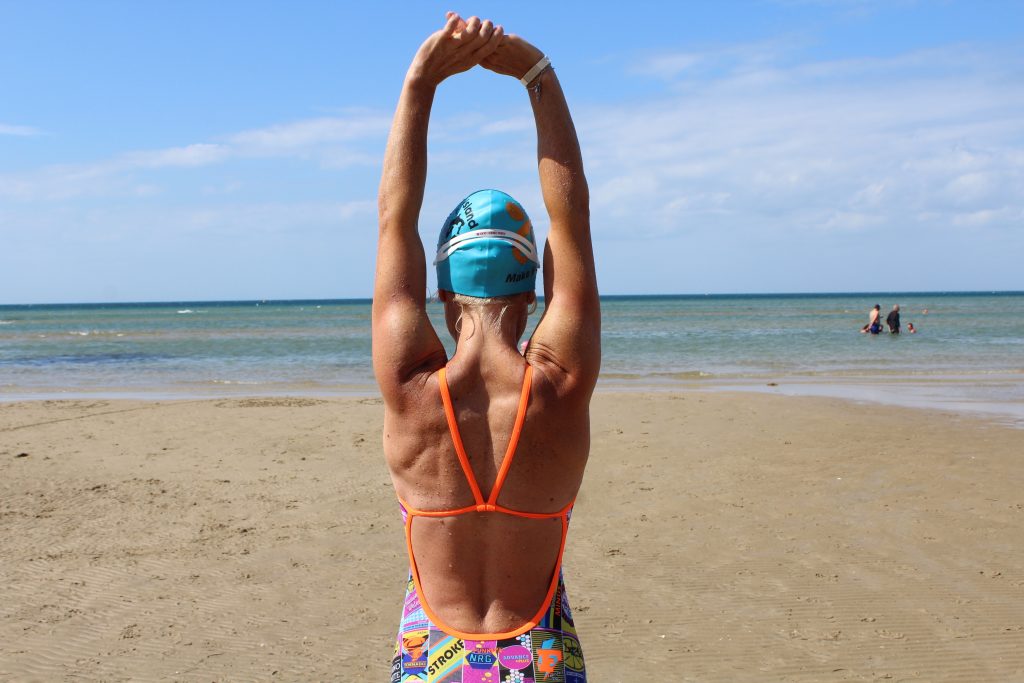
- Stay focused & leave your ego at the door.
When you are in a session and training, ensure you are focused on the task at hand. Think about what you are doing and have a goal/purpose for the session. It’s easy to let the mind wonder onto how much work you have to do for the day, or what you are going to have for dinner. I also see athletes lose focus in a way that they start focusing on what others are doing. A good example of this is when an athlete heads out for an easy run or ride, but is then passed by another runner/cyclist, ego gets in the way, they loose focus of the purpose of their session (easy recovery/aerobic) and they start ‘racing’ someone else. Most of us are guilty of this. So know the purpose of the session and stay focused on it, and leave your ego at the door! - Control the controllable’s.
Don’t get caught up in things that you can’t control – such as your competitors, the weather, course change, training partners etc. These will only cause you to loose sight of what you set out to achieve. Don’t loose sleep or stress over what you can’t control. That’s one of the biggest mistakes athletes can make. If you can’t control it – then you are wasting energy thinking about it. So stay focused on what you can control (such as your own goals, your training, your health), accept the uncontrollable’s and simply move around them.
Add these steps into your daily/weekly routine and you will find yourself well on the way to becoming a better athlete without any additional training.
Coach Sarah
~ ~ ~~ ~ ~ ~~ ~ ~ ~
Sarah is the Director & Head Coach at Complete Per4mance Coaching. Born out of the desire and passion to not just coach but to educate athletes, Sarah shares her 10 years of coaching and racing experience, knowledge and education with athletes of all levels to help them achieve their optimal performance while maintaining a balanced, happy and healthy life.
Contact Sarah to discuss training options for you.
